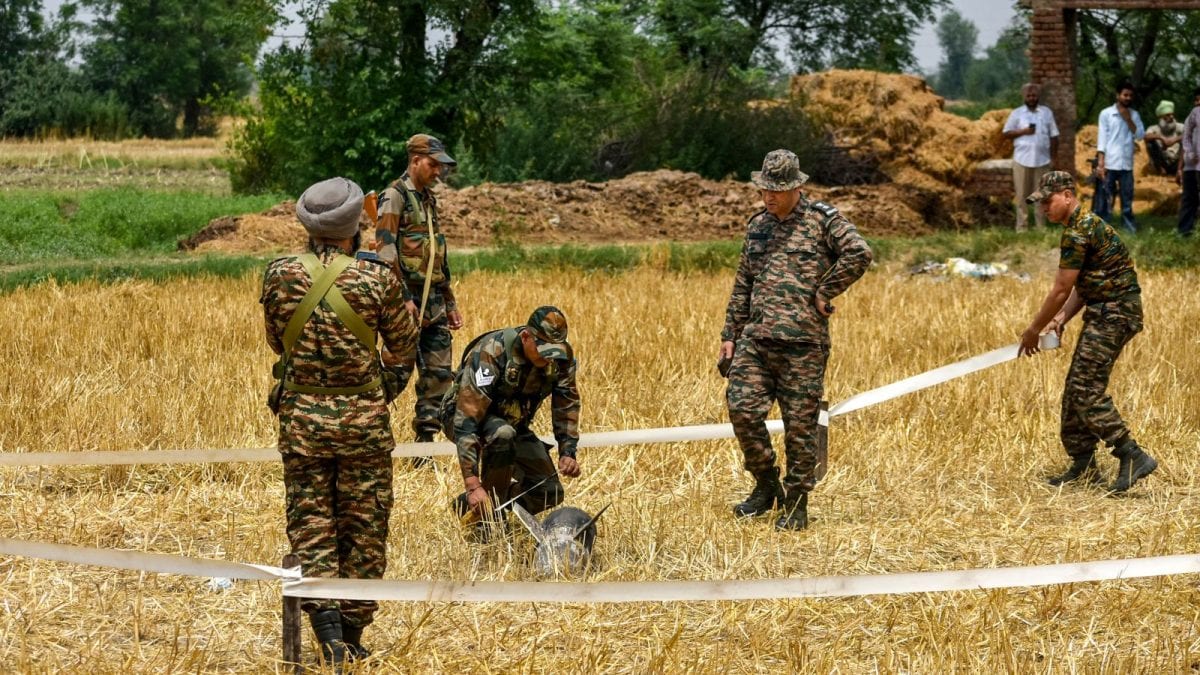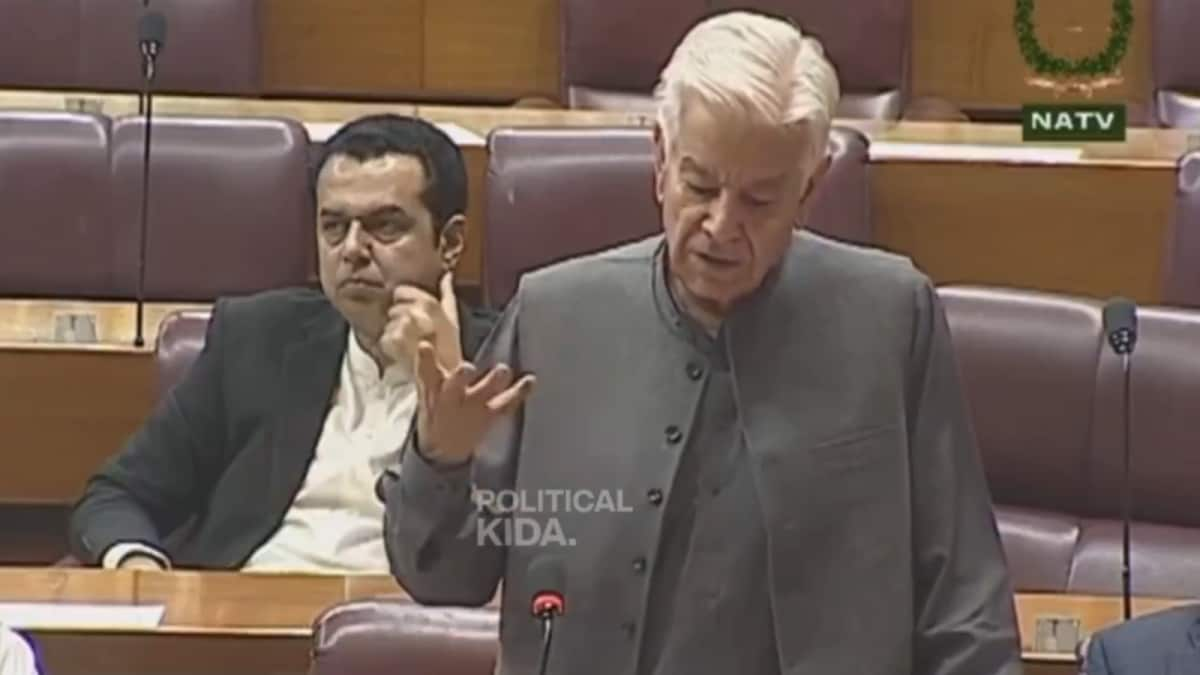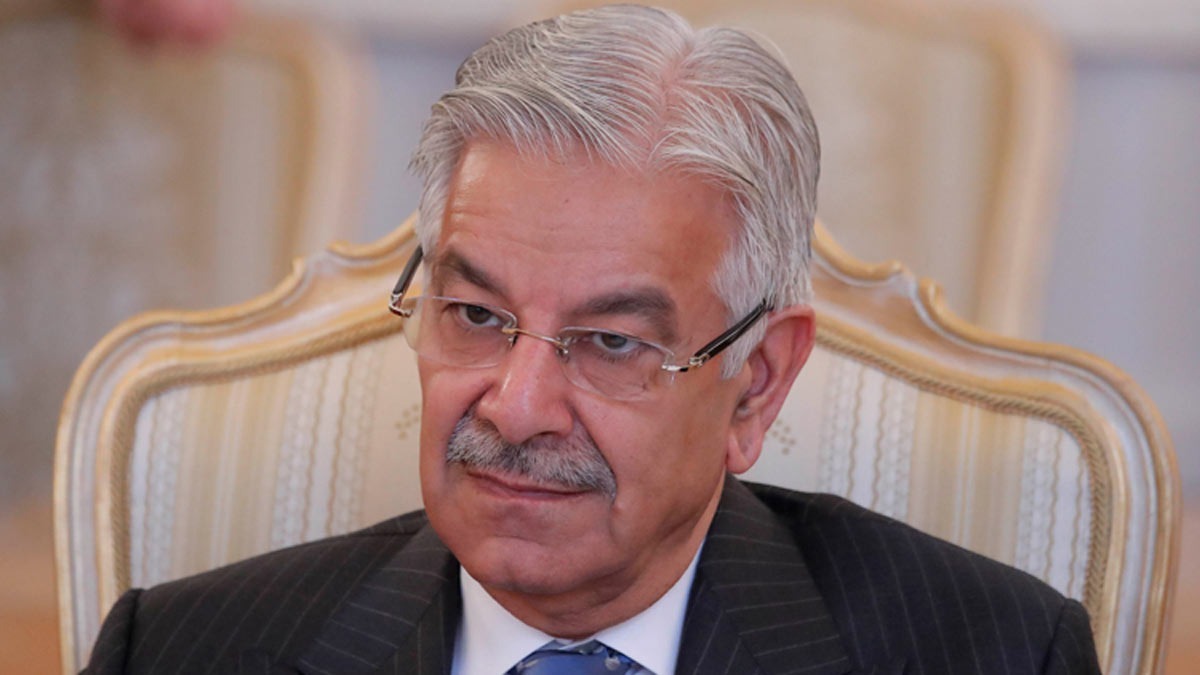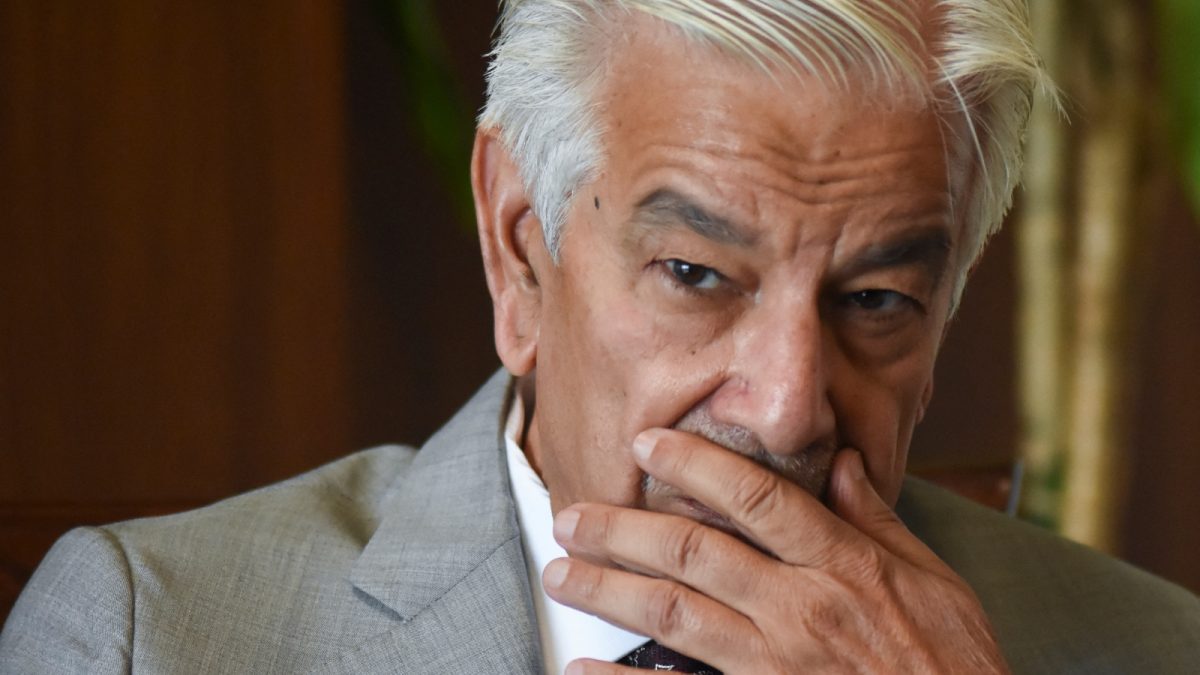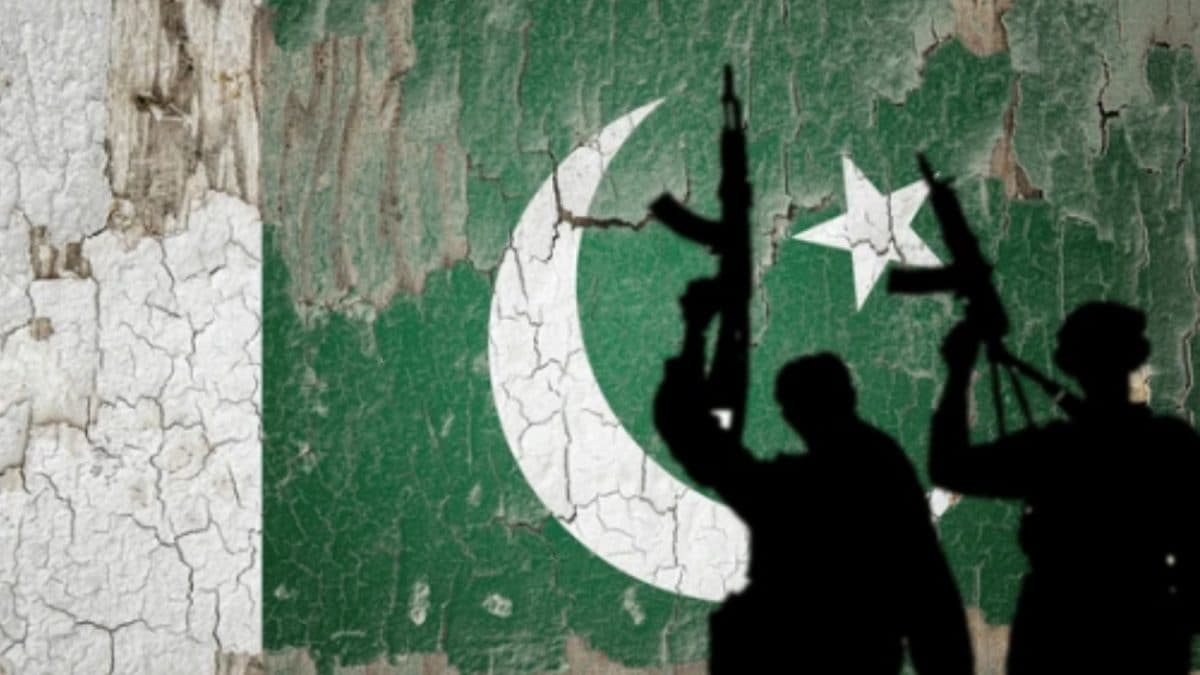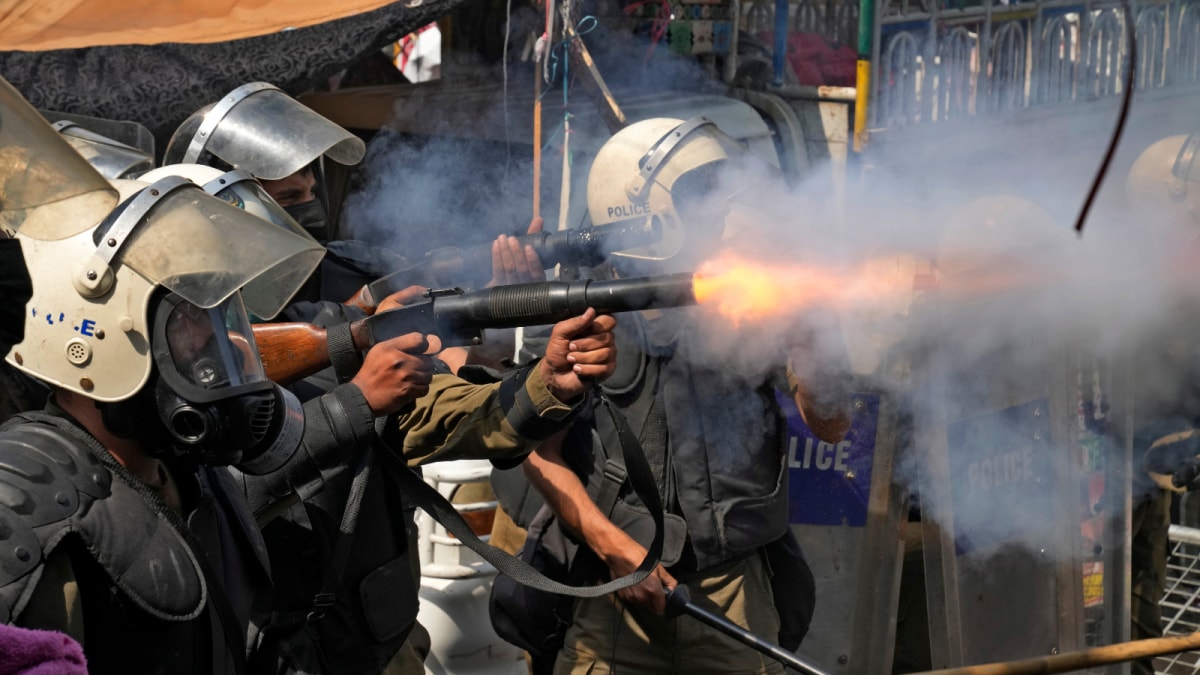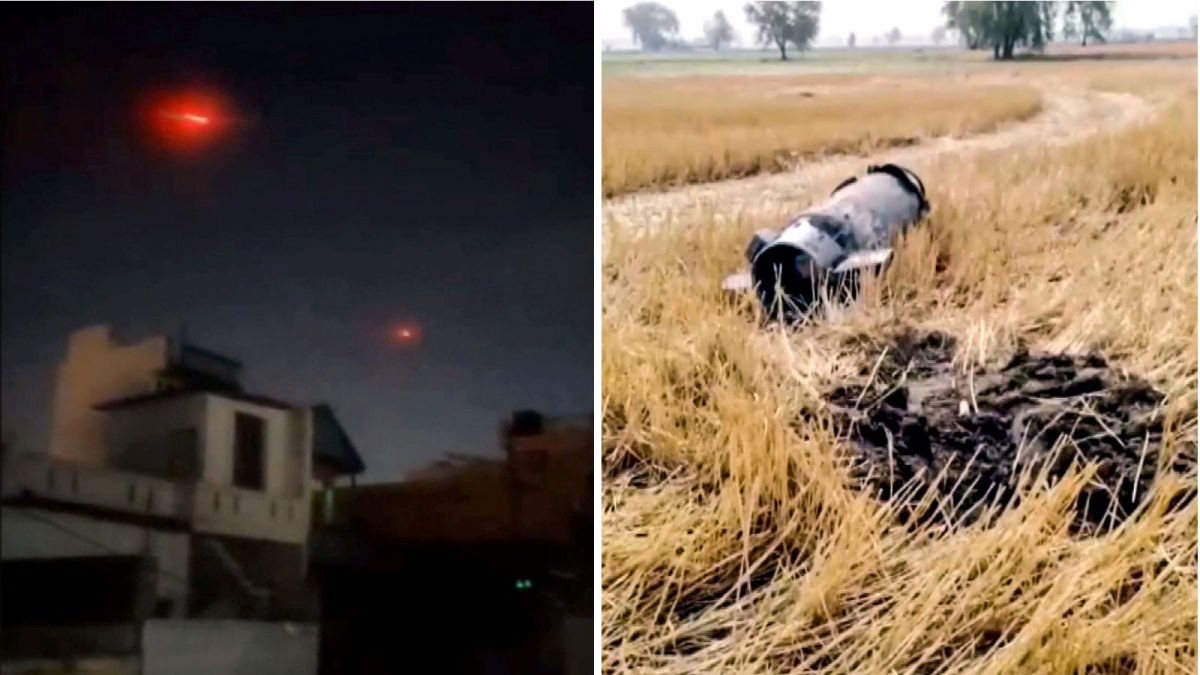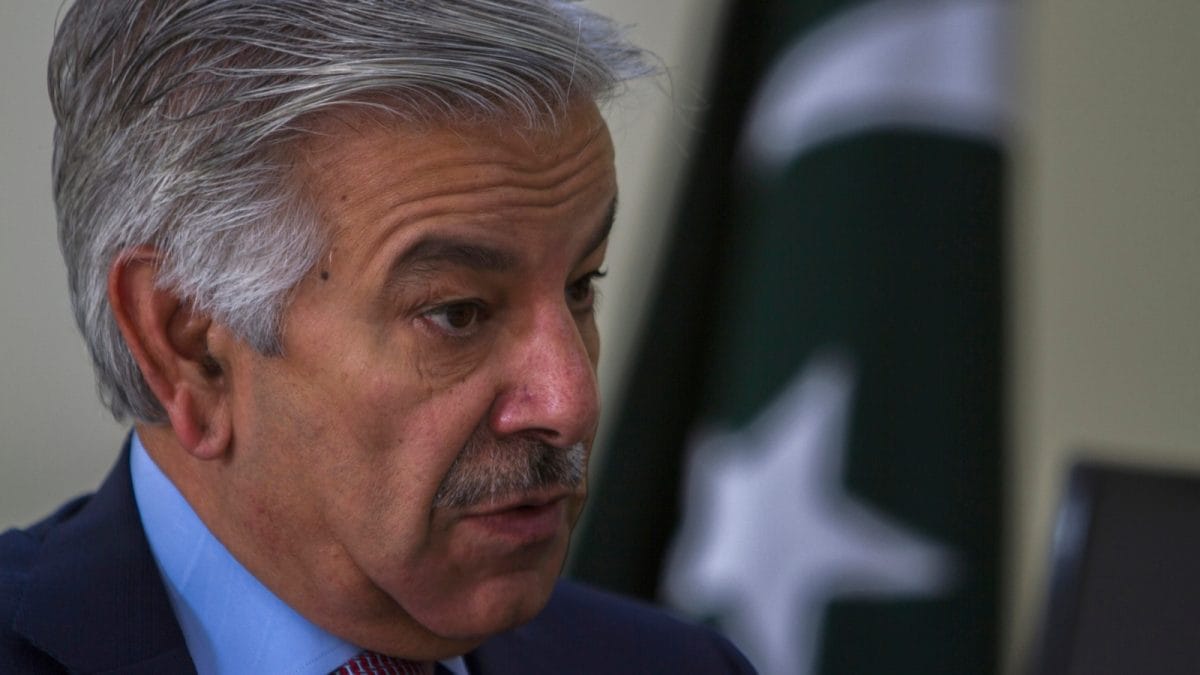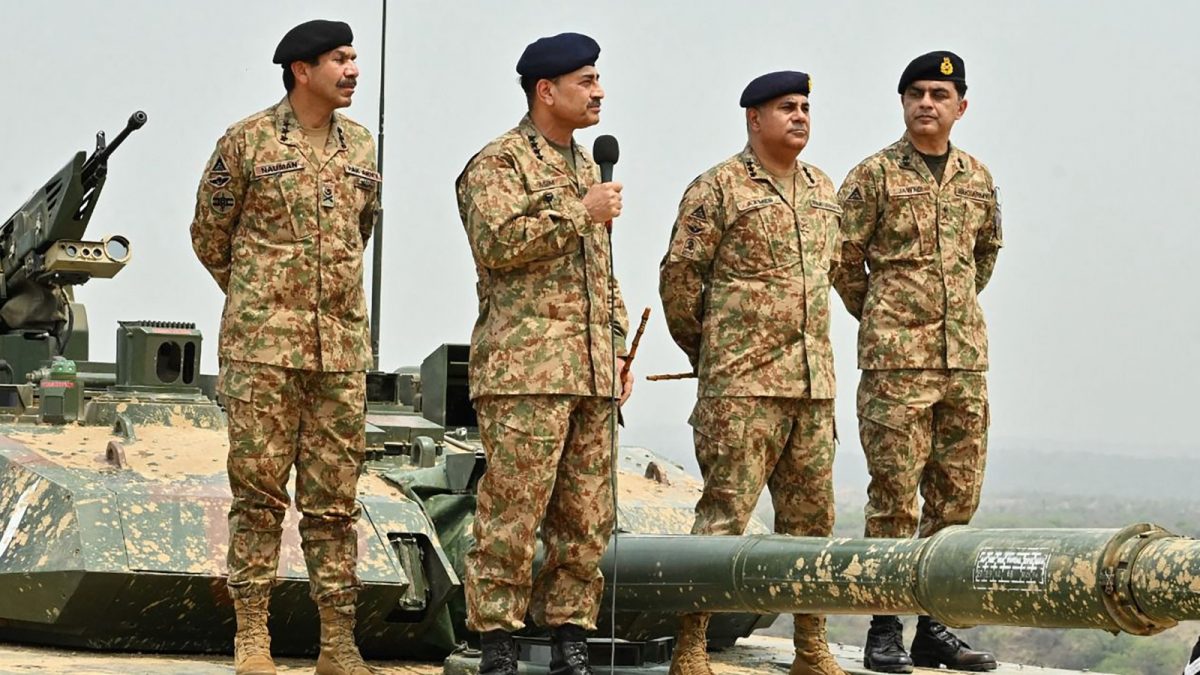Last Updated:May 09, 2025, 09:53 IST
India is pushing for Pakistan’s re-entry into ‘grey’ list, which could restrict its access to international aid and other financial packages, including the one scheduled from IMF

Pakistan was previously grey-listed from June 2018 to October 2022, forcing it to initiate action against groups like Lashkar-e-Taiba and Jaish-e-Mohammed. (Reuters)
The Narendra Modi government is preparing to present a fresh dossier of “actionable" evidence to the Financial Action Task Force (FATF) ahead of the upcoming Monetary Fund (IMF) board meeting, pushing for Pakistan’s re-entry into the ‘grey’ list—a move that could severely restrict Islamabad’s access to international aid and other forms of financial packages, including the one scheduled from IMF.
India is also working on getting maximum support from FATF member-countries to re-nominate Pakistan as a nation sponsoring and sheltering global terror hotbeds.
News18 has learnt that a crucial high-level meeting involving the Security Council Secretariat, the Enforcement Directorate (ED), and relevant ministries and departments concerned with external affairs and finance is imminent.
The coordinated effort, according to sources in the government, aims to consolidate a strong case ahead of the FATF’s plenary session, where decisions on listings and delisting are finalised.
“The FATF is a global organisation and is heavily driven by the decisions of the US. There are over three dozen members who have a say in the decisions though. India, at this point, is working to consolidate maximum support from the member-nations and get Pakistan back on the ‘grey’ list," said a senior official.
Global Deliberations Continue
India has now been lobbying across FATF’s 40-member countries, building consensus for Pakistan’s re-listing. Behind the scenes, New Delhi is also invoking the FATF’s Cooperation Review Group mechanism to highlight how Pakistan have been backsliding after delisting in October 2022, which qualifies it for urgent re-evaluation.
Thw renewed push came at a sensitive time as India witnessed a brutal terror attack on civilians in Pahalgam in Jammu & Kashmir on April 22. The IMF board is scheduled to meet soon to consider financial assistance for Pakistan.
Being grey-listed or being brought back under the ‘enhanced surveillance’ category could drastically reduce Islamabad’s economic credibility and bargaining power. India’s move is seen as a strategic attempt to choke international aid and pressure Pakistan into taking concrete, verifiable steps against terror financing and money-laundering networks—many of which have cross-border implications for India, particularly in Jammu and Kashmir.
Grey List Mechanics
The FATF ‘grey’ list—officially termed “Jurisdictions Under Increased Monitoring"—includes countries with significant deficiencies in their anti-money laundering (AML) and counter-financing of terrorism (CFT) regimes.
According to the last review by the FATF early this year (January-February), three countries are blacklisted, while around 25 were included in the ‘grey’ list. While these nations have committed to reform, the listing subjects them to heightened scrutiny and potential economic fallout.
Grey listing is not arbitrary and it hinges on the findings of a country’s mutual evaluation report. A nation can be nominated if it shows:
*15 or more non-compliant or partially compliant technical ratings;
* Poor performance in key recommendations on money laundering (R.3), terrorist financing (R.5), targeted sanctions (R.6), customer due diligence (R.10), record keeping (R.11), and suspicious transaction reporting (R.20).
*Low effectiveness in a majority at these parameters may push a country towards the ‘grey’ list or the ‘surveillance’ category.
Pakistan’s Precarious Past
Pakistan was previously grey-listed from June 2018 to October 2022. During this period, global pressure and FATF review mechanism forced Islamabad to initiate action against groups like Lashkar-e-Taiba and Jaish-e-Mohammed.
However, sources suggest that several of those commitments have since seen regression, including poor enforcement of sanctions and weak prosecution of terror financiers.
Location : First Published:News india Ahead Of Key IMF Meet, India Moves To Block Pakistan’s Global Funding With ‘Actionable’ Proof

 8 hours ago
8 hours ago
